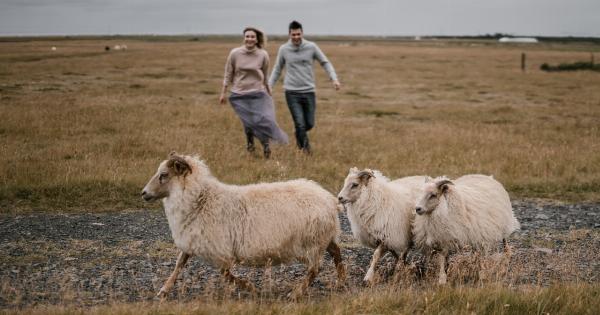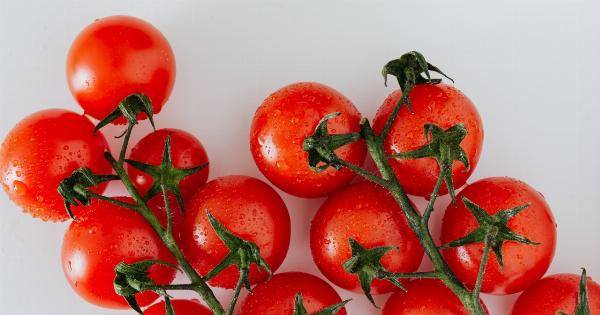Chicken and turkey meat are some of the most popular sources of protein for people all across the world. They’re widely consumed and can be found in everything from fast food burgers to high-end restaurants.
However, few people are aware of the hidden risks that come with consuming chicken and turkey meat. In this article, we’ll explore some of the hidden risks associated with chicken and turkey consumption and what you can do to protect yourself.
1. Antibiotic resistance
One of the most significant risks associated with chicken and turkey consumption is antibiotic resistance.
The overuse of antibiotics in the poultry industry has led to an increase in antibiotic-resistant bacteria, which can cause serious infections in humans.
According to the Centers for Disease Control and Prevention (CDC), at least 2 million people in the US get infected with antibiotic-resistant bacteria every year, and around 23,000 people die as a result.
The use of antibiotics in livestock is one of the primary factors contributing to this problem.
2. Foodborne illnesses
Another significant risk associated with chicken and turkey consumption is the risk of foodborne illness.
Salmonella and Campylobacter are two of the most common bacterial infections that can be contracted through the consumption of undercooked chicken and turkey.
According to the CDC, there are around 1.3 million cases of salmonella and 1.5 million cases of Campylobacter infections in the US each year, many of which are linked to the consumption of contaminated poultry.
These infections can cause serious symptoms, including fever, abdominal cramps, and diarrhea, and can even be fatal in some cases.
3. Environmental impact
Chicken and turkey farming also have a significant environmental impact. Poultry farming is a particularly resource-intensive practice, requiring large amounts of water, feed, and land to produce a single pound of meat.
Additionally, poultry farming generates a significant amount of waste, which can pollute water and soil.
4. Health concerns
There are also several health concerns associated with consuming chicken and turkey meat.
For example, a study published in the American Journal of Epidemiology found that high consumption of poultry meat was associated with an increased risk of bladder cancer.
Furthermore, chicken and turkey meat are often contaminated with harmful chemicals, including pesticides, herbicides, and fertilizers, which can be harmful to human health if consumed in large quantities.
5. Animal welfare
Finally, the poultry farming industry has also been criticized for its treatment of animals. Many factory-farmed chickens and turkeys are raised in cramped and unsanitary conditions, leading to high levels of stress and illness.
Additionally, the use of antibiotics and growth hormones in poultry farming has led to concerns about the ethical treatment of animals and the potential impact on human health.
What can you do to protect yourself?
There are several steps you can take to protect yourself from the hidden risks associated with chicken and turkey consumption. These include:.
- Cooking chicken and turkey to a safe internal temperature of 165°F (74°C)
- Purchasing meat from trusted sources that use ethical and sustainable farming practices
- Limiting your consumption of chicken and turkey meat and opting for plant-based protein sources instead
- Supporting local farmers and small-scale poultry operations that prioritize animal welfare and sustainable farming
Conclusion
While chicken and turkey are popular sources of protein, there are hidden risks associated with their consumption, including antibiotic resistance, foodborne illnesses, environmental impact, health concerns, and animal welfare issues.
By taking steps to reduce your consumption of poultry meat and supporting ethical and sustainable farming practices, you can help protect yourself and the planet.





























